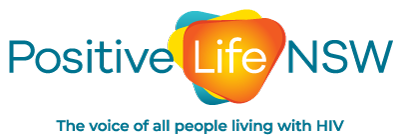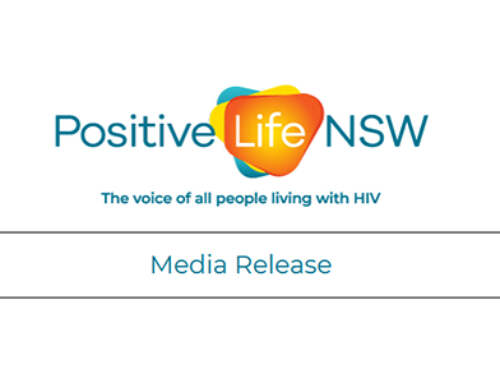
Media Release
Friday 2 June 2023
This HIV Testing Week, Positive Life NSW is once again proud to promote HIV Testing Week (1-7 June) and advocate for universal testing and inclusive healthcare practices.
Led by NSW Health, this annual initiative emphasises the need for everyone who is sexually active, regardless of their assumptions about HIV, to get tested and take control of their sexual health.
“There are people living with HIV in NSW who are unaware they are HIV positive,” said Positive Life Senior Health Promotion and Peer Navigation Manager, Andrew Heslop.
“A simple HIV test will mean a person who is unaware they have HIV can receive immediate treatment, protect their long-term health and get the care and support they need and deserve,” said Mr Heslop.
“Around one in every five people diagnosed with HIV are heterosexual,” said Positive Life CEO, Jane Costello.
“Let’s seize this opportunity to create a society where we challenge misconceptions, break down barriers, and create a safe and supportive environment for all individuals to seek a HIV test,” said Ms Costello.
With early diagnosis, today’s medication means that people living with HIV can live long and healthy lives while managing HIV effectively,” said Mr Heslop..
HIV Testing Week encourages all sexually active individuals to ask for a test and challenge the stigma and discrimination associated with HIV. HIV testing is now fast and easy with a variety of free and confidential services including:
- getting a quick HIV test at your local GP or for free at a NSW Sexual Health Clinic or Aboriginal Medical Service
- pick up an ATOMO HIV self-test kits are available from your local chemist to test for HIV in the privacy of your own home
- obtain a free and confidential Dried Blood Spot test online
- visit a rapid testing clinic for men who have sex with men or
- call the NSW Sexual Health Infolink or call 1800 451 624 to find a testing option that suits you.
###
MEDIA CONTACT:
Jane Costello, CEO – 1800 245 677 or email communications@positivelife.org.au
Positive Life NSW is the largest peer-led and run representative body of all people living with HIV in Australia based in NSW. We make a significant contribution to, and positive impact across the spectrum of health and social issues on behalf of all people living with HIV in collaboration with HIV specialist and mainstream services to improve the health and quality of life of all people living with HIV in NSW. We do this through evidence-based health promotion, research, policy advice and peer support.




Leave A Comment
You must be logged in to post a comment.